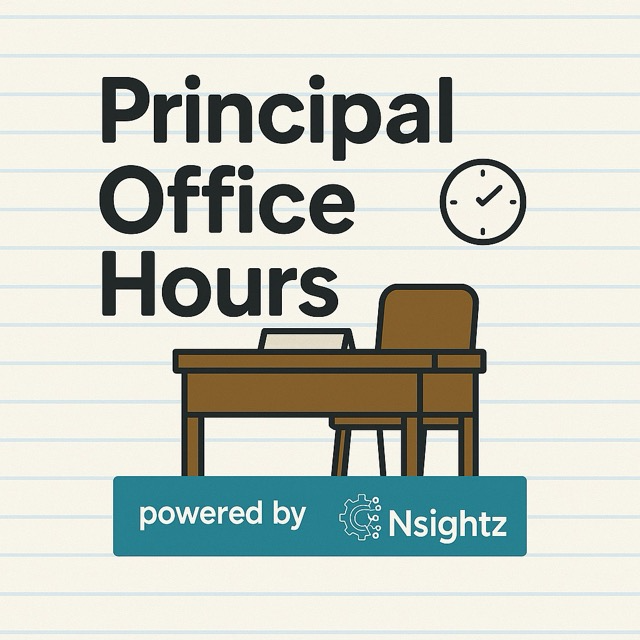Don't Let Students Fall Through the Cracks Because Adults Can't Get Their Processes Right
Summary:
Join C.T. and guest Kristin Murphy, principal of Saratoga Elementary School in California, as they explore the development and implementation of the Coordination of Student Supports (COST) process within her district. Kristin shares practical insights on building a cohesive team to address academic, behavioral, and social-emotional needs through coordinated interventions. She discusses establishing structured meeting schedules, creating agendas, and tracking follow-ups to ensure timely and effective support for students. This episode highlights the importance of collaboration, clear roles, data-informed decisions, and district-wide commitment in creating a successful, sustainable system that benefits students across all schools.
Key Takeaways:
- COST Defined: COST (Coordination of Student Supports) is a centralized, collaborative process within MTSS that coordinates academic, behavioral, and social-emotional supports to address the whole child.
- Importance of Teamwork: Effective COST teams include diverse members such as principals, teachers, specialists, and administrative staff, each bringing unique perspectives to create tailored support for students.
- Regular, Structured Meetings: Scheduling COST meetings every other week with a clear agenda and timekeeping ensures consistent follow-up and intervention monitoring throughout the school year.
- Entry and Exit Criteria: Setting specific criteria to determine when students enter or exit interventions helps assess progress, ensures fidelity of support, and allows for data-informed adjustments.
- Leadership Role: Principals play a crucial role in supporting staff by facilitating meetings, providing resources, and fostering a culture of accountability and teamwork.
- Overcoming Barriers: Start small by establishing a regular meeting time, build buy-in from district and school staff, and use simple tools like Google Suite to implement COST cost-effectively.
- Focus on Accountability: Establishing norms for doing what is promised and following up on interventions strengthens the support system and improves student outcomes.
- Adaptability: The COST process can be adapted for different school levels, and input from all relevant teachers is integrated, especially in middle schools where students have multiple teachers.
Chapters:
00:00 Introduction to the Cost Process
00:50 Meet the Expert: Kristen Murphy
02:56 Understanding the Cost Process
06:43 Implementing Cost in Schools
08:46 Key Components and Best Practices
21:07 Effective Meeting Management
23:25 Accountability and Follow-Up
26:01 Building a Supportive School Culture
31:30 Overcoming Implementation Challenges
Connect with CT: linkedin.com/in/cheetung
Connect with <featured guest>:
Whether you're currently wearing the principal badge, aspiring to the big chair, or teaching while secretly taking notes on what you'd do differently, Principal Office Hours delivers actionable strategies you can implement faster than a student being sent to detention.
Subscribe now and join the faculty lounge conversation that's too real for the school board meeting. New episodes drop every week.
Warning: May cause spontaneous leadership growth and occasional inappropriate laughter during staff meetings.


